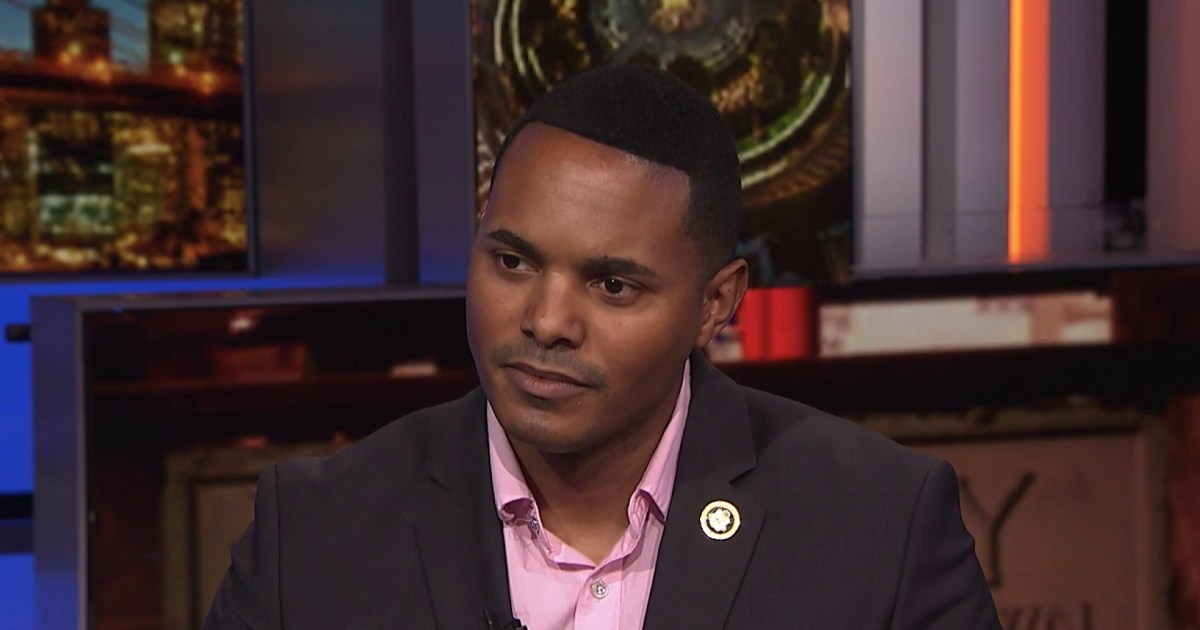Table of Contents
You might have seen the tale of a customer who recently received a stunning note with their McDonald’s shipping circulating on LinkedIn. The post exhibits a picture of the vintage McDonald’s brown paper bag and a notice. It is really not what just one would generally be expecting to obtain along with a Big Mac and fries, but neither is what the take note mentioned:

Hi!

We have found that you have positioned your purchase from the hospital. Hope you are retaining nicely!

Your buy is on us.

The McDonald’s UAE Workforce

McDonald’s did 1 thing extremely several do that made a earth of variance concerning its use of info in marketing and advertising. With two words and phrases, “we’ve seen,” the company led with transparency–a important component in developing rely on when utilizing knowledge, in accordance to the Harvard Company Assessment. What this does is wash away the adverse connotations that generally come as a side result of information-pushed marketing and advertising, which can generally experience overly intrusive and suspiciously individual.
Alternatively, McDonald’s actually used the facts–and the fact that it has it–to hook up with the client. By creating them really feel found, they also come to feel heard and understood–a little something that most human beings psychologically desire even more than love, according to Psychology Nowadays. And this is just the starting of what designed the rapid-foods chain’s approach to details-pushed marketing and advertising so genius.
It Utilized Purchaser Knowledge to Advantage Its Customer
Organizations often get in the manner that purchaser details can be utilized for enhanced ad targeting leading to amplified gross sales, or even dynamic pricing foremost to improved gains. But as businesses seem for strategies to use details to benefit them, there is certainly a tendency to forget about how it can benefit their shoppers, which generates a acquire-acquire scenario for each functions.
It Discovered Opportunities to Use Fresh new Data
Portion of the genius of the McDonald’s transfer is that it employed knowledge quickly. It did not wait around weeks, months, or even several years to attract insights and make sweeping conclusions. When a vast volume of information is needed for guiding large decisions and procedures, in conditions of personalization and client working experience, refreshing knowledge is the very best knowledge. So applying it even though it is clean will yield the very best effects for your customers, as you might be achieving them when it matters most.
It Included a Human Contact to Data
Data has grow to be synonymous with hugely calculated, if not robotic results. But if info is to be utilised to enhance a small business and give an enhanced buyer knowledge, it demands to have a human contact. To do so, make room for previous-minute alternatives and depart some methods to, very well, the individuals, who will acknowledge things like the emotional fat a client buying supply to McDonald’s may well be enduring, and find very basic, nevertheless human methods to connect with them.
It Employs Personalization to Arrive at Folks–Not an Viewers
In an work to do a lot more in less time, advertising and marketing has led firms to section people by something from passions to acquiring behaviors. And although this is generally a very good matter for standard marketing, it is hardly real personalization. Data holds the energy to help us to truly recognize our prospects as persons, not groups or segments of our full goal viewers.
To know your viewers, you have to know the men and women it is composed of and find distinctive techniques to talk to and arrive at those folks. Even though it truly is no straightforward feat to know hundreds, 1000’s, or in the case of McDonald’s hundreds of thousands of customers, facts opens the doorway to person insights and customer activities that truly qualify as personalization.
Information holds the electric power to inform very significant advertising and marketing. Equally knowledge and marketing and advertising get a bad name, but when organizations leverage information to help give a improved experience for their consumers, shoppers will be happy to give information–the world’s most useful useful resource. And it is really the businesses like McDonald’s that use it this way that become the world’s most beneficial models.





